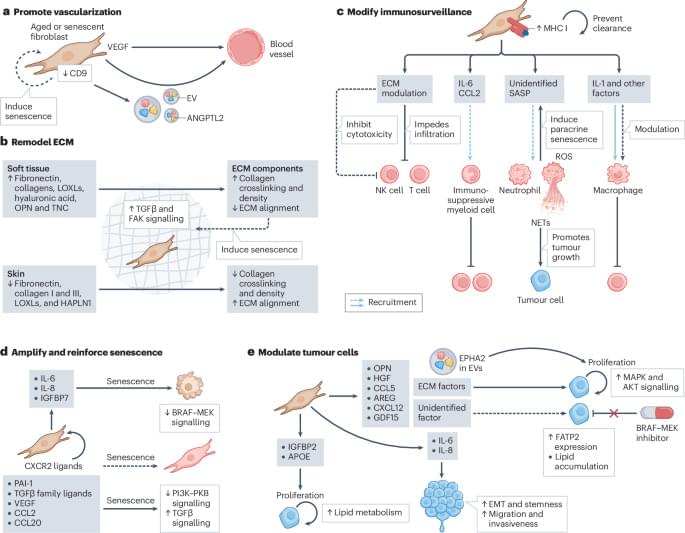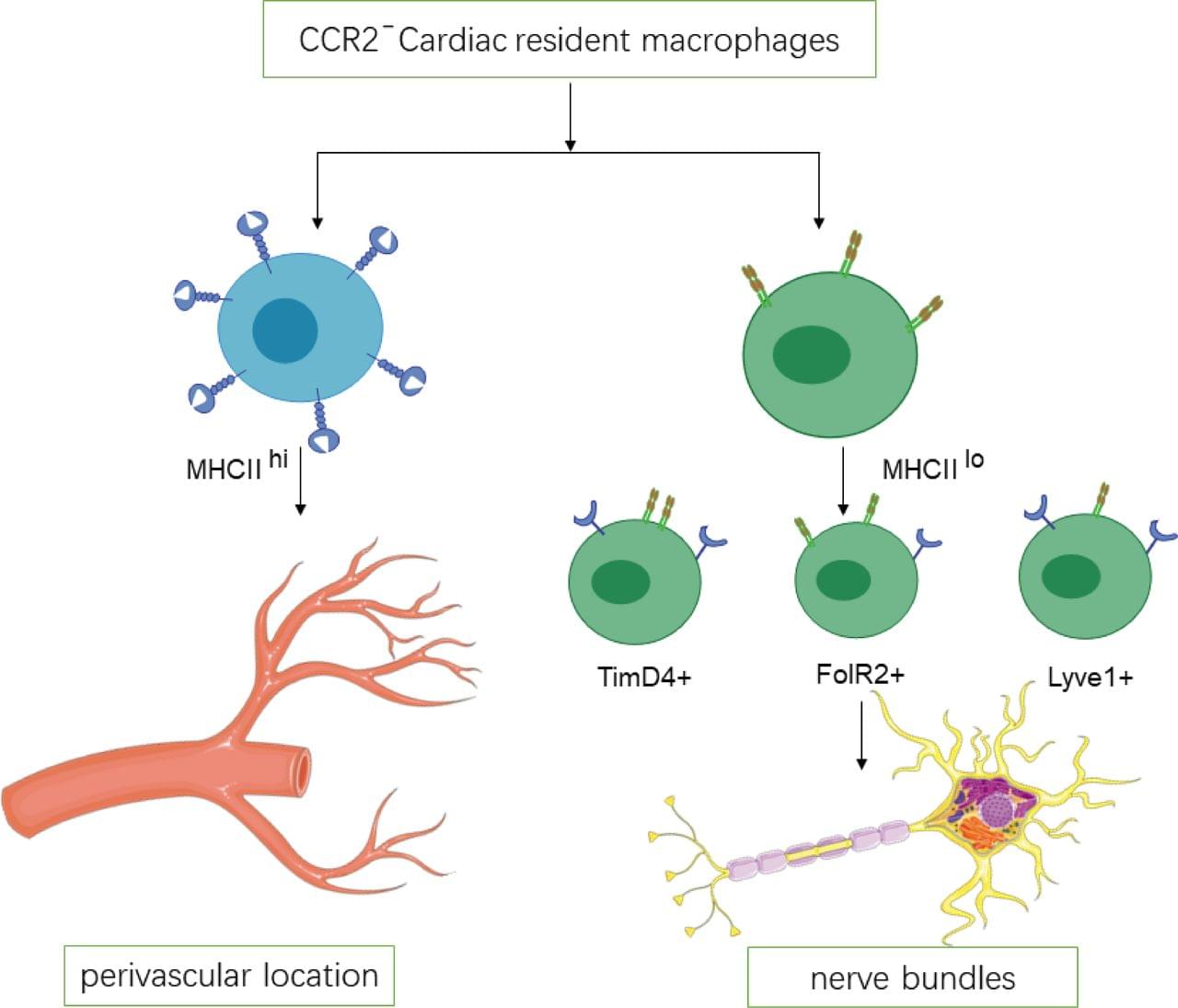NIA, NINDS: UNTANGLING THE VIRAL LINK TO NEURODEGENERATION
Scientists have long sought to understand the connection between viral infections and brain health. Can common viruses, which can reside unnoticed within our bodies, contribute to the development of neurodegenerative diseases such as Alzheimer’s and other forms of dementia? A study published in Science Advances led by researchers at the NIA tapped into data from thousands of human subjects offers compelling new insights into this enigmatic area of research.
The investigation examined the neurocognitive and plasma proteomic profiles of older adults in a community-based cohort from the Baltimore Longitudinal Study of Aging. Researchers focused on their antibody responses to four common coronaviruses and six herpesviruses with hopes of uncovering the molecular pathways linking the immune response to these viruses with brain aging and dementia risk.








